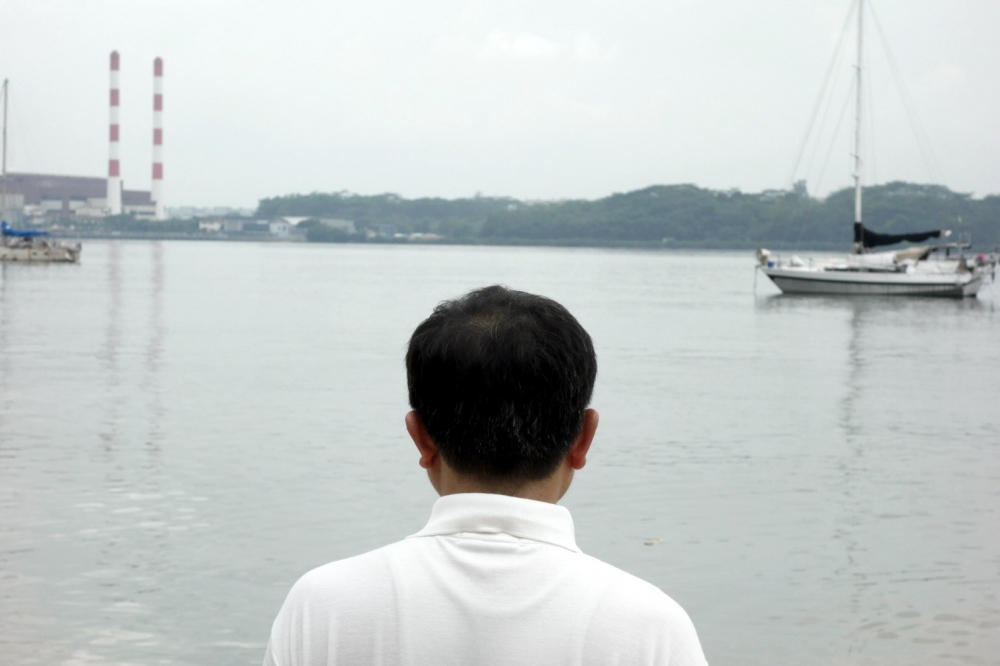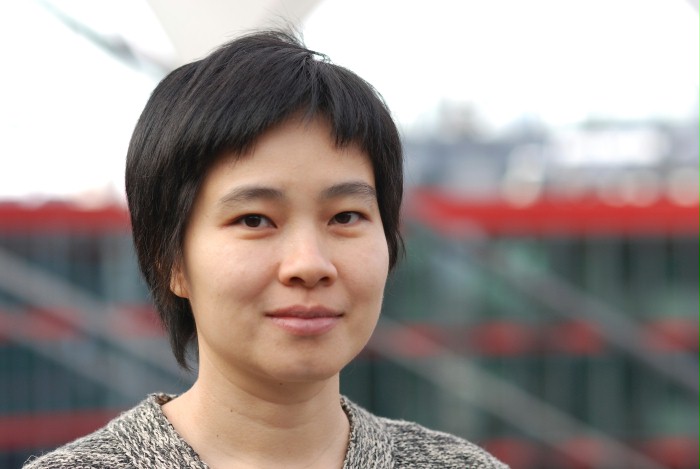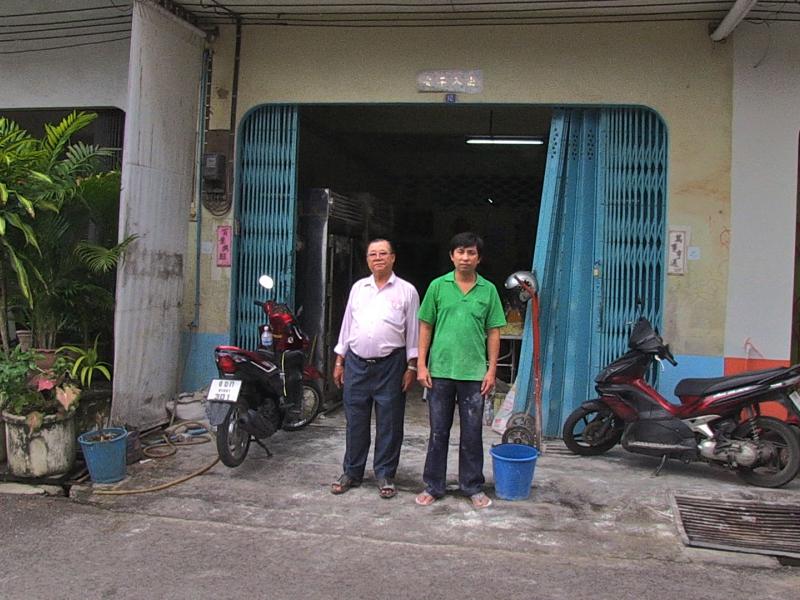By Wun Kuen Ng
In her new documentary, To Singapore, With Love (星国恋), filmmaker Tan Pin Pin (Singapore GaGa, Invisible City), explores the experience of exile through interviews of political activists whose ages range from 60 to 80 years old, and are now scattered across the globe, in London, Thailand, and Malaysia.
Many have not been back or allowed to go back to Singapore for as much as 35 to 50 years; unless they died by which their body or ashes can be brought back to their ancestral burial ground in Singapore. The film examines Singapore from the outsider’s perspectives. A person always remembers their first love.
Viewers would benefit from knowing a little history of Singapore before watching the film since it does not go into details of why or how the interviewees ended up in their predicament, or by what means they used to escape the government crackdown. Singapore became a British trading post in 1819, and then a colony in 1826. During WWII, the Japanese occupied Singapore.
The British repossessed it in September 1945, after the surrender of Japan. In the 1950s, Chinese Communists caused many armed uprisings against the Singapore government. In May 1959, Lee Kuan Yew, the country’s first Prime Minister elected by the People’s Action Party, lead the country to be self-governed commonwealth.
On August 31, 1963, Singapore declared independence from the United Kingdom. It attempted to rule with the Malaysian government, but disagreements and blocked progressive initiatives between the two made the joint venture collapsed.
Many Singaporean citizens fought for the independence from British rule and self-determination. Present day Singapore has a highly developed market economy and boasts of being the second freest economy in the world, which is innovative, competitive and business-friendly. It also has the reputation of being the least corrupted country.
What is the cost of taking a political stand? Besides death, one can be exiled, live apart from one’s family, suffer homesickness, and always feeling neither here nor there. The documentary featured one political activist couple that fled Singapore on February 15, 1962 to create a new life in London.
The wife who is a doctor eventually received her surgeon certification in London, but she felt she would rather help her country and operate on Singaporean patients than British patients. Miserable and homesick, she felt a kinship for the Palestinians and channeled her activism in a medical mission, which help created medical aid for Palestinians. Toward the end, she realizes patients are the same everywhere.
One political activist had to flee Singapore with all of his parents’ savings, $15,000 (Singaporean dollars) to London. He delayed fatherhood until his sixties, because he feared that if he was called back to Singapore for questioning or trial, he thought it would be unfair to the wife and family. After his son was born, he wanted his son to be a Singaporean citizen not a British citizen, and petitioned to the Singapore government for citizenship, so that his son eventually can join the Singapore Armed Forces and fight for Singapore. However, he was denied because he can not provide a proper exit letter.
Whether one creates a new life opening up a noodle shop in Thailand, or rents a hotel room in Malaysia with a view of Singapore strait to look at just for a few days, sometimes our personal narrative is shaped by political events.
The interviews were genuine and open, which entrusted the filmmaker with their stories. There were touching scenes: family members skype each other and one interviewee brings out the two small suitcases in which he fled Singapore with. Pin Pin met the interviewees at a funeral abroad where former activists were present.
The missing voices of a period in Singapore where freedom and democracy were precarious are now heard. One can be a refugee and not lose one’s soul.
The film has been showcased in film festivals internationally, but has yet to pass censor in Singapore for local viewing. The human rights situation has improved over the years in Singapore, from the 1970s where 800 people were detained internally without jurisdiction to now where 40 people were detained. It continues to be seen if citizens will keep fighting for their rights and freedom.




Leave a Reply